The Bouvier Affair: A perfect story about the art of deception
The dispute has gripped the art world since 2015, and has become the most notorious corruption scandal in Monaco since the Second World War. But did Swiss art dealer Bouvier betray his Russian oligarch client Rybolovlev, or was it the other way around? Kim Sengupta investigates

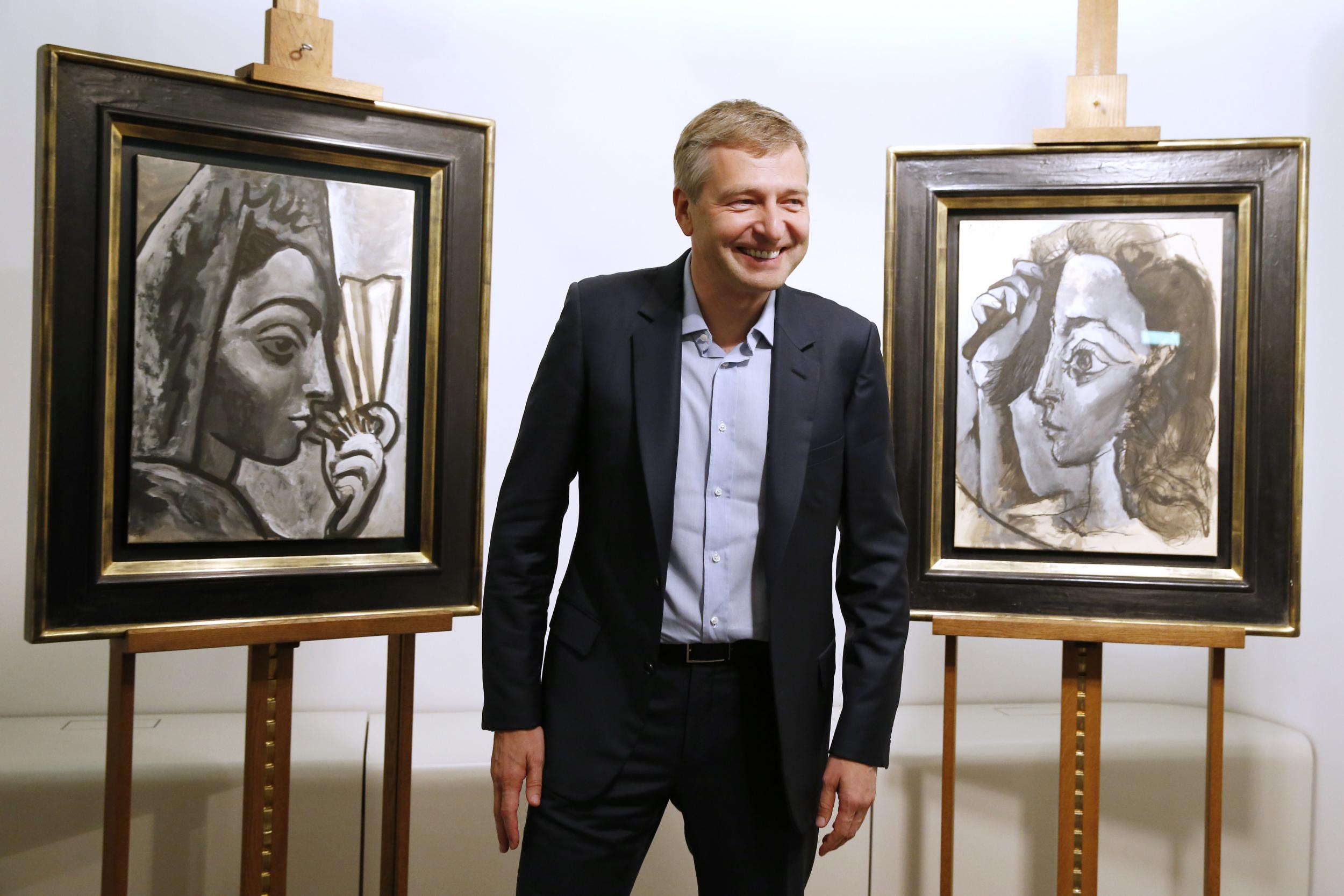
Reflecting on the tempestuous and traumatic last few years of his life, during which he was arrested, enmeshed in litigation costing millions and saw much of his business disappear, Yves Bouvier, at last, believes there is a light at the end of the very dark tunnel. The charges brought against him by Dmitry Rybolovlev, a billionaire Russian oligarch, friend of royalty and politicians, who claimed that art dealer Bouvier had swindled him out of a billion dollars, has suffered a massive setback.
In a damning verdict, a court in Monaco, where proceedings are taking place, has dismissed the case, declaring that officials had acted improperly. Links had been uncovered between investigators and a lawyer acting for Rybolovlev in their pursuit of Bouvier.
This meant, read the judgment, that “all investigations were conducted in a biased and unfair way” and that “serious anomalies” had “permanently compromised the balance and rights of the parties”.
This is the latest chapter in an extraordinary narrative, racy and dark, which has shed light on the vast fortunes spent on art sales, including the most expensive painting in the world; allegations of fraud on a massive scale and international realpolitik.
In the centre of a bitter dispute is Rybolovlev’s claim that Bouvier, a Swiss art dealer, had grossly overcharged the Russian tycoon when acquiring paintings for him. A fabulous collection was built up, but the art dealer, it is held, made an exorbitant profit in the process.
The oligarch is involved in a separate action against Sotheby’s in New York, claiming $380m in damages from the auction house for allegedly helping Bouvier to overvalue the paintings. The auction house, it is alleged by his lawyers, had “materially assisted the largest art fraud in history”. Sotheby’s has strenuously denied the claim, saying it will robustly fight the case.
Rybolovlev’s team says they will be appealing the Monaco verdict and ongoing legal actions continue. One of his lawyers, Herve Temime, pointed out there are still ongoing tax investigations in Switzerland against the art dealer, warning: “Mr Bouvier should not rejoice.”
But the verdict comes after a number of reverses for the Russian which has seen Bouvier winning court cases in Singapore and Hong Kong, leaving him confident, he says, of seeing off what’s left.
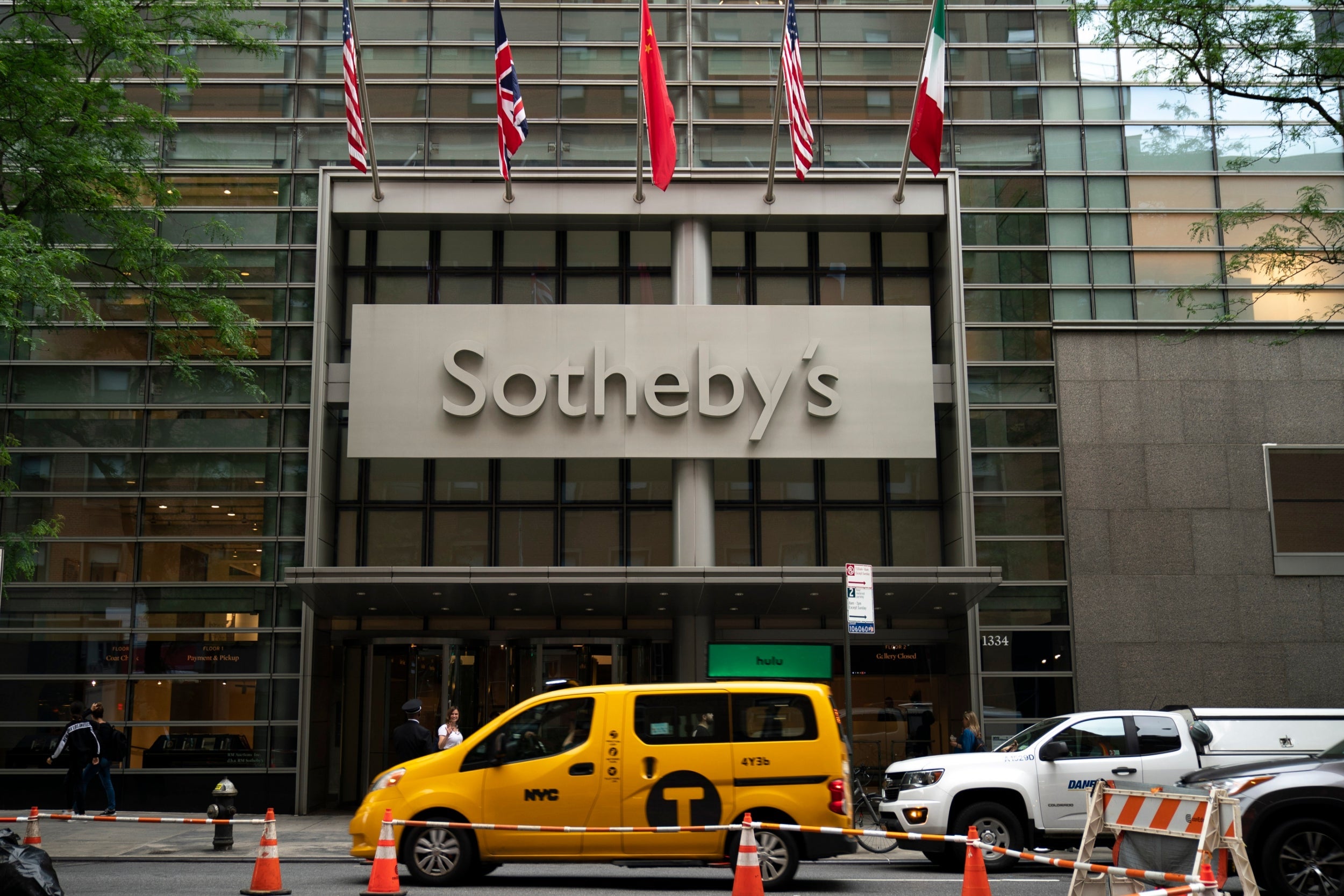
“Of course I am relieved by what the court has decided, it is a big, big relief. But I think this will continue; I don’t think Rybolovlev wants to compromise. He kept on changing lawyers, but the legal cases continued,” reflects Bouvier.
The 56-year-old art dealer is speaking at his office near Lake Geneva. Of a slim build and middle-height, casually dressed, he chain-smokes as he takes me through what happened, breaking off from time to time to answer one of the four mobile phones by his side.
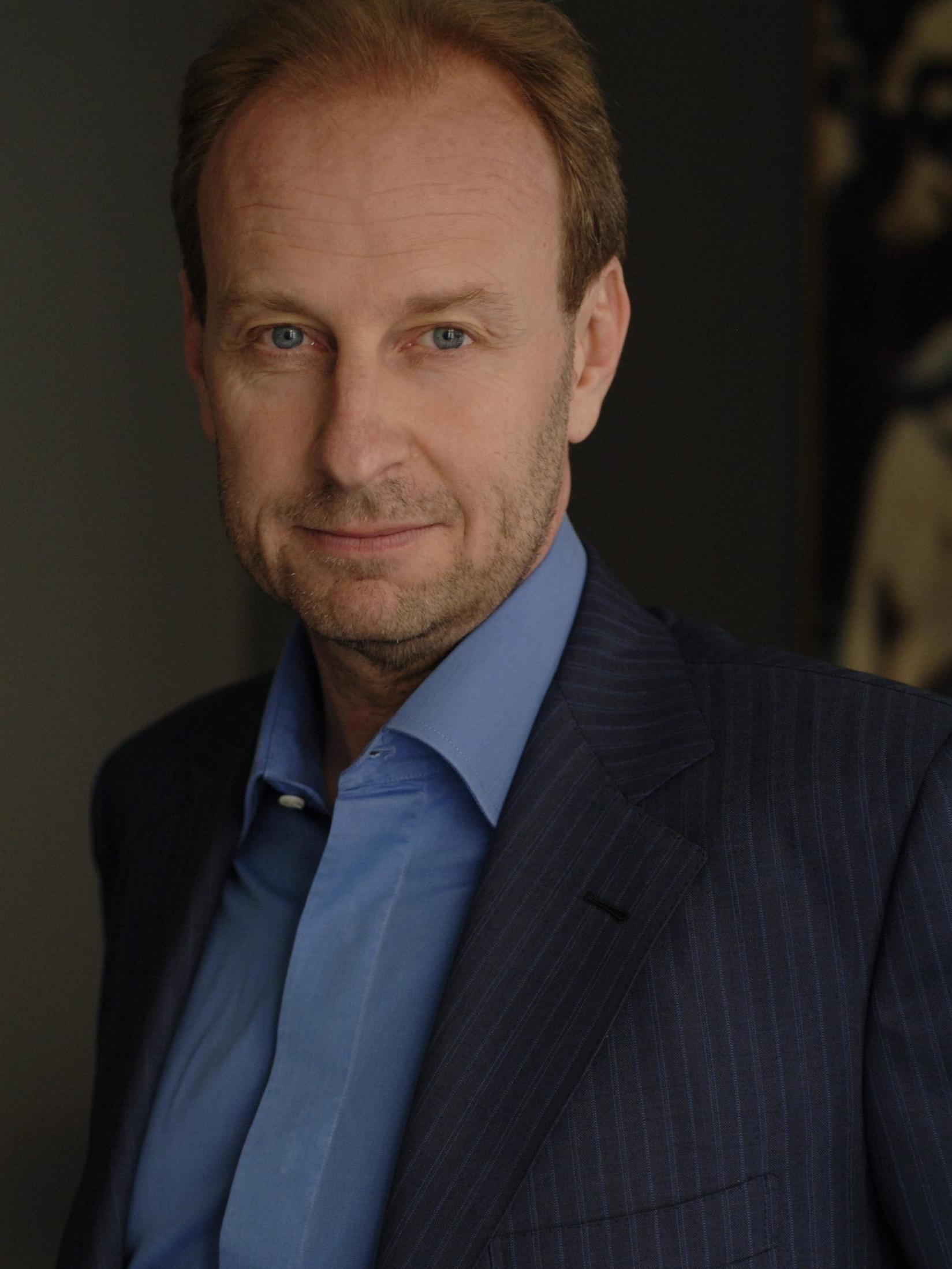
“I have had to spend a lot of money in legal fees through all this. The publicity has, of course, really badly affected my business, my reputation has been damaged and this is something I am rectifying. But what happened in Monaco was really encouraging. I was arrested there on false charges and I feared what might happen. But the judgment was clear that the proceedings were tainted. This bears out what we heard, very disturbing reports, about what was going on there.”
What happened in the Monaco case has become the most notorious corruption scandal in the principality since the Second World War. Rybolovlev, described in the local media as a friend of Prince Albert, was indicted in November last year in connection with a wide-ranging investigation into the corruption scandal and he and his lawyer Tetiana Bersheda remain under investigation. Both strongly deny any wrongdoing.
Justice minister Philippe Narmino was forced to resign over claims he accepted bribes from Rybolovlev. Others being investigated on the issue include police chief Christopher Haget, his deputy Patrick Fusari, retired police chief Regis Ass and former interior minister Paul Massron.
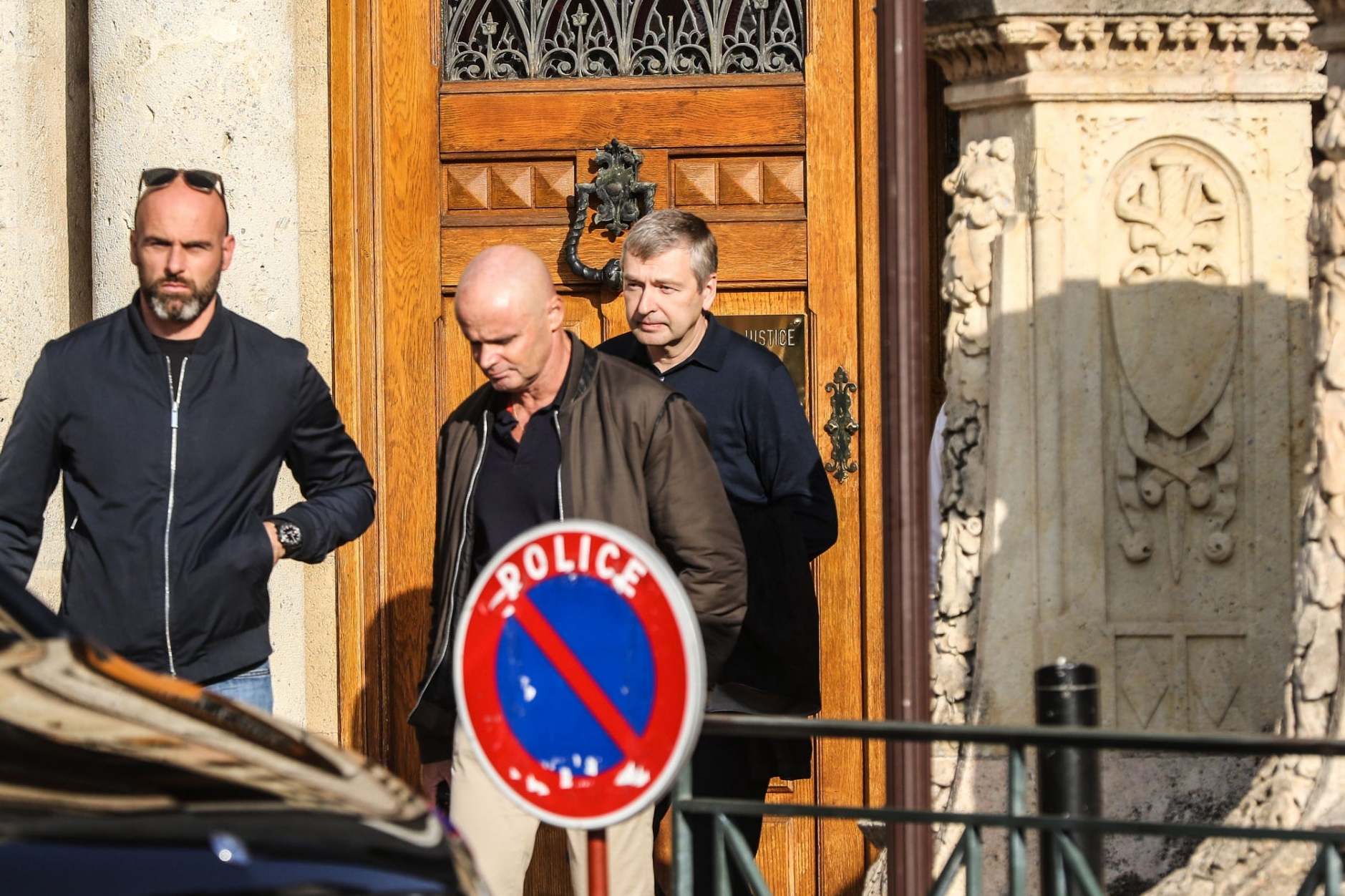
This led to concern in Monaco that its wealthy expatriate population of tax exiles could start having misgivings about the legal system and move their fortunes elsewhere. There was liaison, according to French media, between the Monegasque government and Elysee Palace; a senior magistrate from France, Robert Gelli, has been sent to take over as head of the principality’s legal services.
Bouvier had been arrested in Monaco in the early days of the legal action; then it was Rybolovlev who was hauled into a police station to be questioned.
Of course I am relieved by what the court has decided, it is a big, big relief. But I think this will continue; I don’t think Rybolovlev wants to compromise. He kept on changing lawyers, but the legal cases continued
There have only been brief, albeit intriguing, glimpses into “Monacogate” or the “Bouvier Affair”. This is partly because the background to what took place was in the trade of the most highest-end works of art and involving the super-rich, who prefer to keep details of transactions private.
Bouvier is a builder of freeports and the owner of an artwork shipping company, Natural Le Coulture. Rybolovlev was his main client before he became his arch-enemy.
The Russian had made his fortune when the assets of the collapsing Soviet Union were divided up, acquiring control of Uralkali, a state-owned potash mining company, at the age of 29. A trust connected to Rybolovlev’s daughter has made several significant property purchases around the world, including the island of Skorpios, which used to belong to Aristotle Onassis; former Citigroup chairman Sanford Weill’s apartment in New York’s Central Park West; actor Will Smith’s mansion in Hawaii and Donald Trump’s mansion in Palm Beach for $95m in 2008 – roughly twice what the then future US president paid for it, making it at the time the most expensive US real estate deal ever.
The oligarch’s other assets include AS Monaco football club, of which he owns 66 per cent of the shares. The other 33 per cent is held by the ruling family, the House of Grimaldi. The deal was approved by Prince Albert II of Monaco.
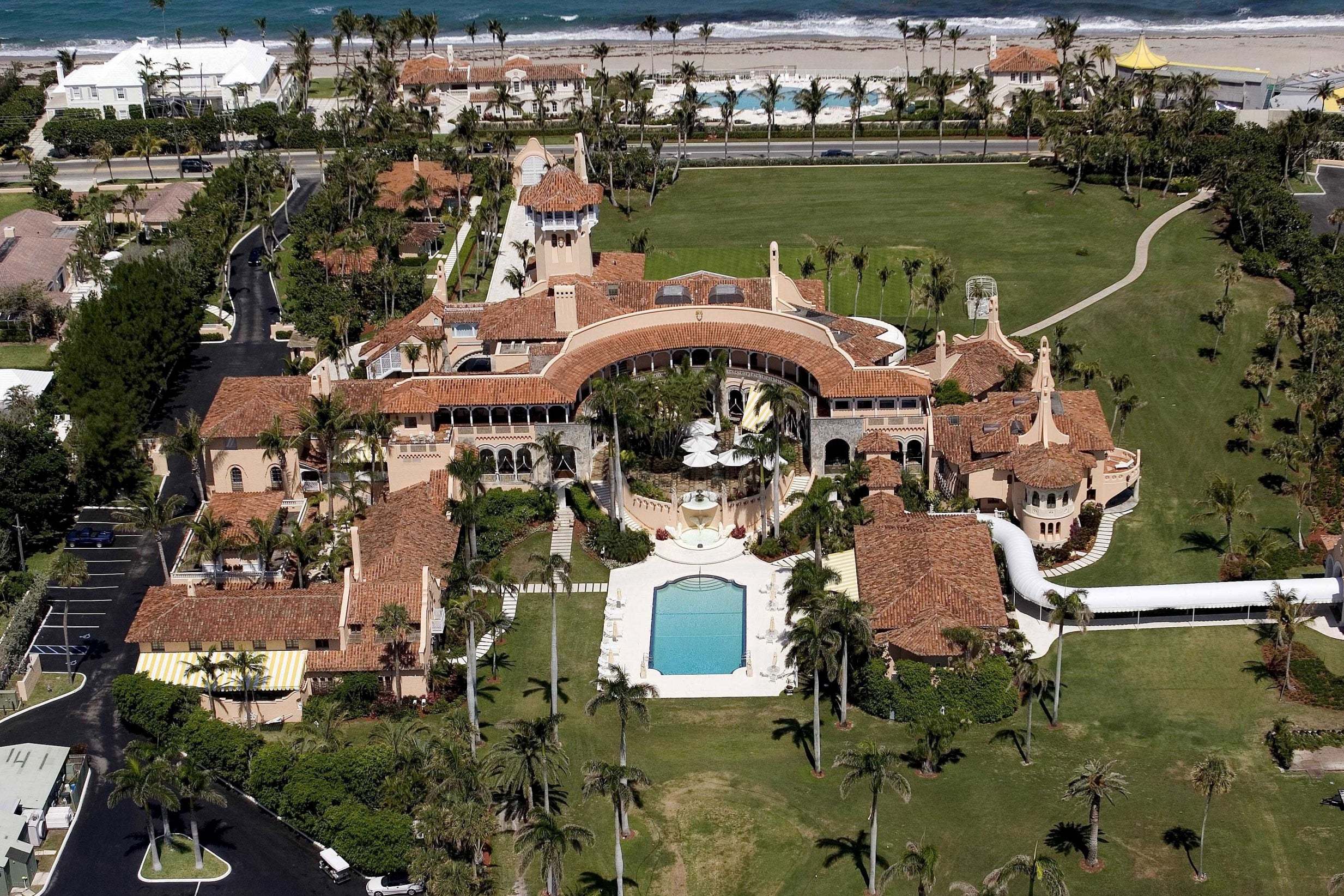
Rybolovlev’s art collection, supplied mostly by Bouvier, included artworks by Van Gogh, Picasso, Monet Modigliani, Gaugin, Chagall, Rothko and Klimt. One of its jewels was the lost Leonardo da Vinci “Salvator Mundi” (“wonder of the world”), for which the art dealer was paid $127.5m.
Rybolovlev wanted the painting, which caused a sensation when displayed at the National Gallery in London, to be hung on the wall of his study. It was later purchased at auction by Christie’s in New York for $450m in 2017, a record for a painting, on behalf of Saudi Arabia’s Crown Prince Mohammed bin Salman.
The painting was widely reported to be a gift for the United Arab Emirates and due to be on display at the Louvre in Abu Dhabi. Mohamed Khalifa al-Mubarak, the chairman of Abu Dhabi’s department of culture and tourism, enthused “having spent so long undiscovered, this masterpiece is now our gift to the world. We look forward to welcoming people from near and far to witness the beauty.”
The painting, however, never appeared in Abu Dhabi and is said to have been installed, instead, on Prince Mohammed’s $500m super yacht, Serene, with its ultimate destination as yet unknown.
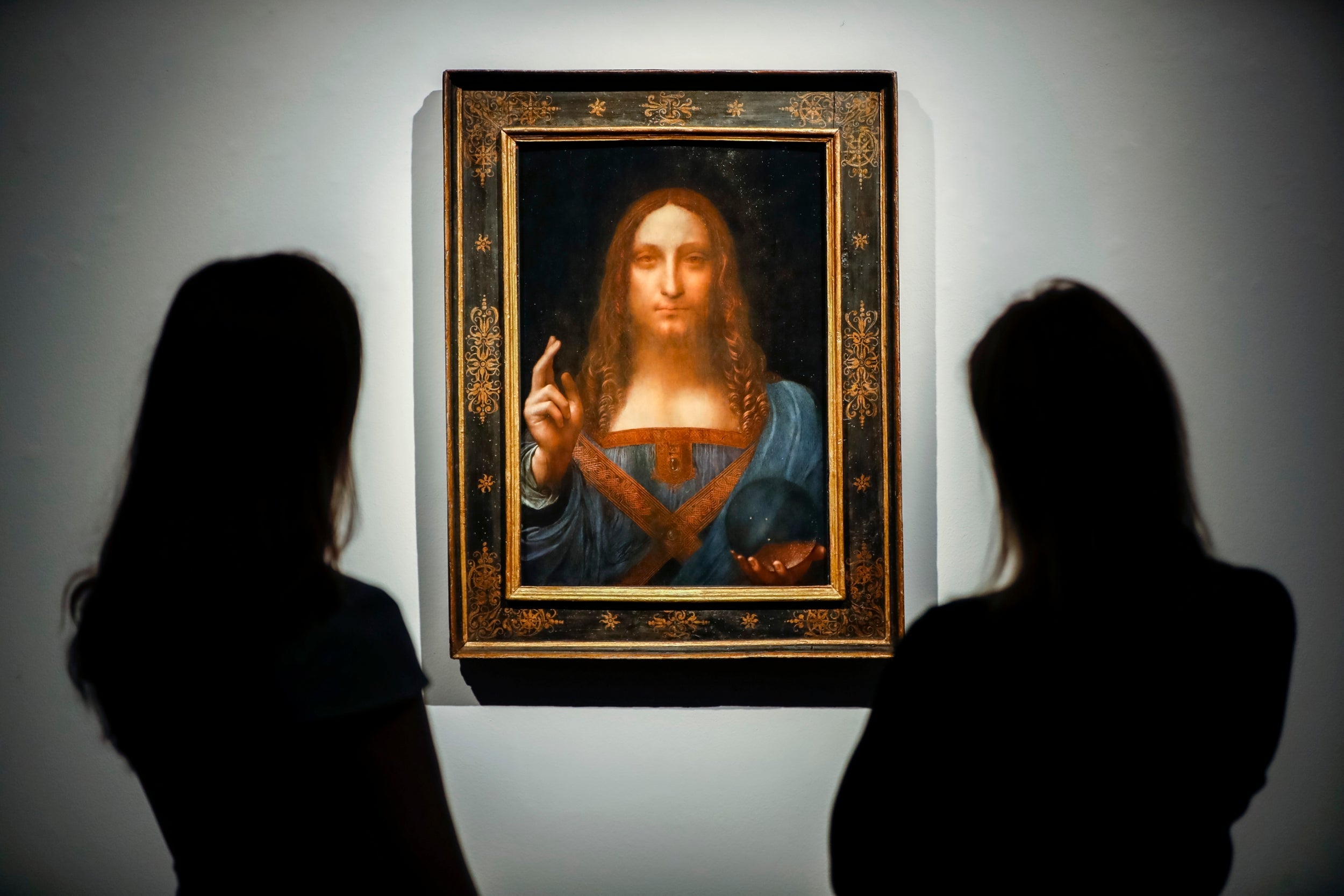
Rybolovlev’s journey to the world of wealth was not without troubling controversy. He spent 11 months in jail in the mid-1990s in Russia after being accused of ordering the contract killing of a business rival. He was later cleared of all charges after the only living witness recanted his testimony.
In 2006, the oligarch faced another legal problem that impacted on his financial affairs. A mine belonging to his potash company had flooded in the Ural Mountains after a huge sinkhole opened in the ground.
$380m
the amount of compensation Rybolovlev is seeking from Sotheby’s for its part in the scandal
The company, Uralkali, was cleared of any liability at the time, but in 2008 Rybolovlev was summoned to Moscow where he was told that an inquiry into the incident had been reopened. The company paid $250m in compensation to the government, and its stock value plunged. Soon afterwards there were reports that Vladimir Putin wanted a review of state assets that had passed into private hands during the end of the Soviet Union.
In 2010 Rybolovlev sold his controlling share in Uralkali for an estimated $5bn. While this may have removed him from the political firing line, his finances were closely monitored on a personal matter; he had become estranged from his wife, Elena, and her lawyers were preparing for a divorce settlement.
In 2006 the International Consortium of Investigative Journalists in its Panama Papers investigation claimed that Rybolovlev had used companies registered in the Virgin Islands to hide works of art during the divorce proceedings. However, the oligarch’s family trust pointed out that the offshore structures predated the divorce and it was not a secret that the companies registered owned artworks.
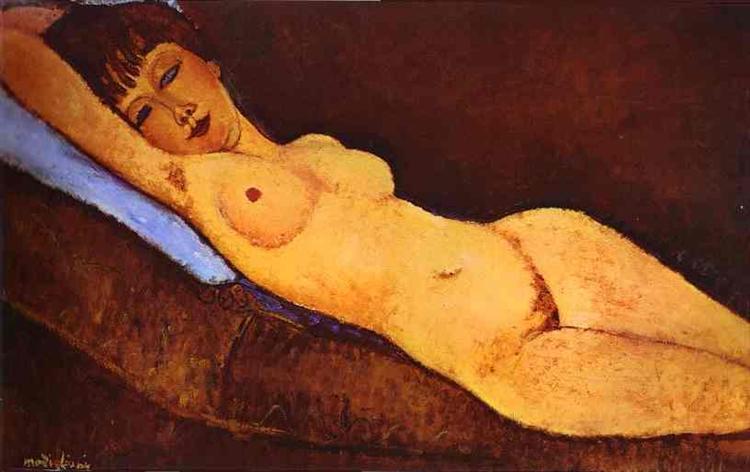
The divorce was eventually settled, but not before Elena had been arrested in Cyprus for allegedly stealing a ring the oligarch claimed belonged to him. The charges were later dropped.
Bouvier was tasked by Rybolovlev around this time to find him “mobile assets”. In the four years between 2003 and 2007, he sold the Russian six works of art; between 2008 and 2013, he sold him 28.
One of the works Bouvier bought for Rybolovlev was a Modigliani nude owned by the billionaire hedge fund manager and collector Steve Cohen in 2011. Three years later, at a lunch while on holiday in St Barts in the Caribbean, the oligarch learned from Sandy Heller, Cohen’s dealer, that the sale price was $93.5m. Bouvier, according to Rybolovlev, had charged him $118m.
In January 2015, Rybolovlev’s lawyers filed a criminal complaint in Monaco against Bouvier and others for fraud, citing the sales of the Da Vinci and Modigliani artworks as examples of illicit profit.
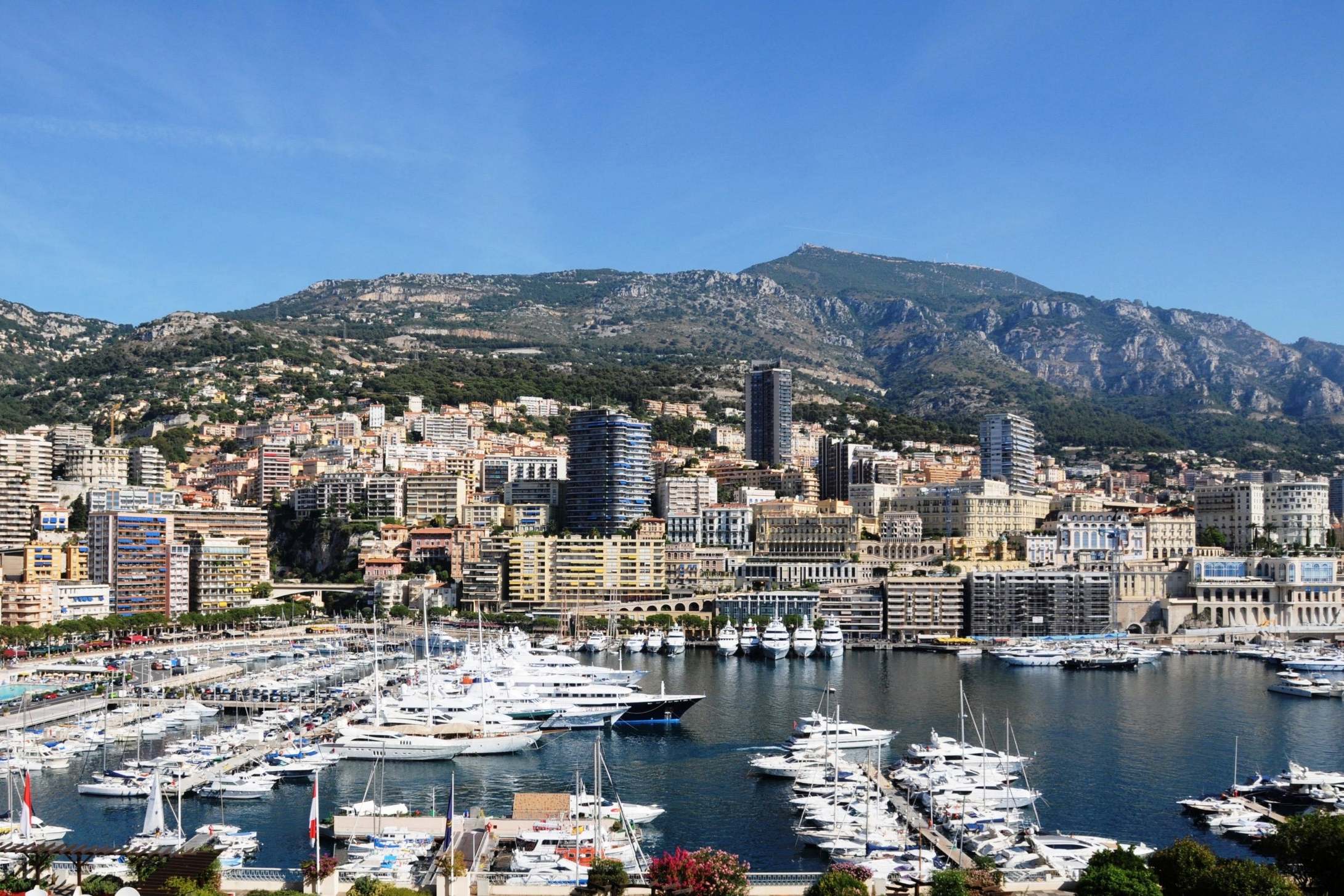
The figures, and just how much the art dealer was entitled to get, have become key points in the dispute. But Bouvier was unaware of the charges filed against him when he flew from his home in Geneva for a meeting with Rybolovlev in Monaco three months later to discuss a number of unpaid bills by the tycoon.
Bouvier arrived at the meeting at the Belle Epoque, one Monaco’s most prestigious apartment blocks, and where Rybolovlev owns a $320m penthouse, to find police waiting. No fewer than eight officers, plain clothed in black suits, were there to take him in.
Bouvier was freed on bail. He faced other legal actions from Rybolovlev in Singapore and Hong Kong, where he had businesses. His assets in both were initially frozen by a court order, but then unfrozen.
“My first thought was that I had been brought in as a witness in some investigation that they were carrying on into Rybolovlev. So it was a big shock when I was told that I was the defendant,” recalls Bouvier.
“The main thing they had against me was a HSBC account which was supposed to be used for hiding money. But the name on the account was false, it could be proved it was wrong, my immediate thought was that I was being set up.”
The bank document purported to show that Bouvier had a joint account with Tania Rappo, a Bulgarian woman who was the godmother of Rybolovlev’s daughter and who had introduced the art dealer to the tycoon. The name, instead, should have been that of her husband, Jacques. HSBC blamed what happened on a clerical error.
The telephone of Rybolovlev’s lawyer, Tetiana Bersheda, was examined as part of the investigation. According to reports, including in Le Monde, and legal sources, this revealed that Rybolovlev hosted Narmino at his chalet in Gstaad days before Bouvier’s arrest, and had also presented him with an expensive samovar.
This led the inquiry to the investigation of other officials. Narmino resigned before the publication of the Monaco court judgment. Bersheda is legally challenging the search of her phone. She said in a statement: “Both my client and I have done nothing wrong and I am fully confident that authorities will reach the same conclusion.”
Bouvier says he is battle-hardened by all that has happened. “It has been very, very tough, but also made me determined to defend myself. The Monaco judgment was important on so many levels, but I have also had news in Hong Kong and Singapore. So I will continue with what is necessary. At the end they can turn it into a Netflix movie.”
Join our commenting forum
Join thought-provoking conversations, follow other Independent readers and see their replies
Comments